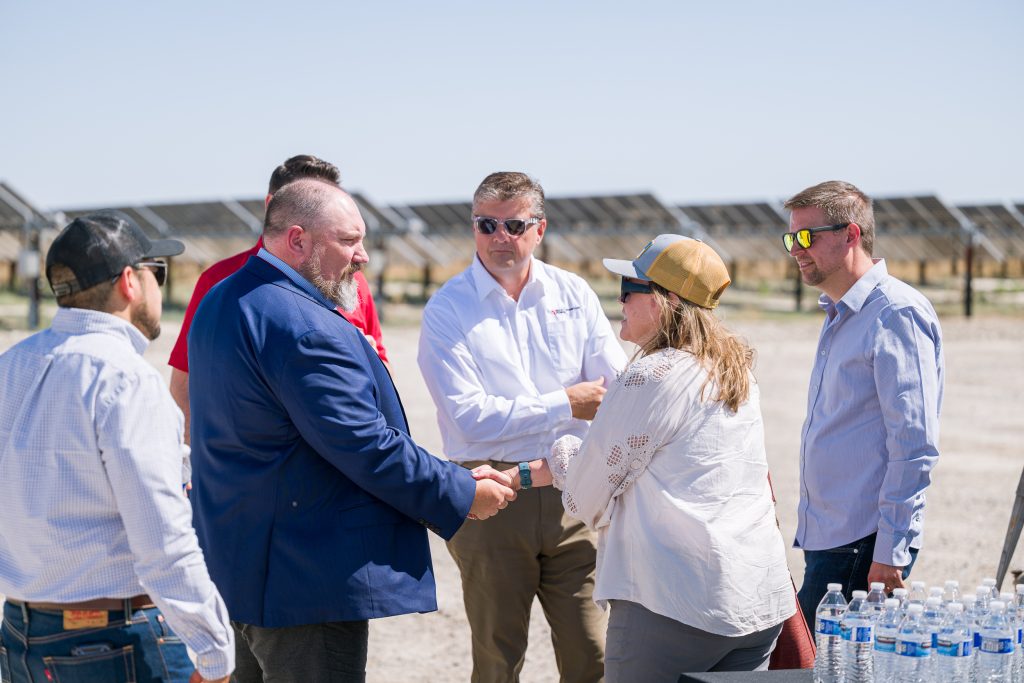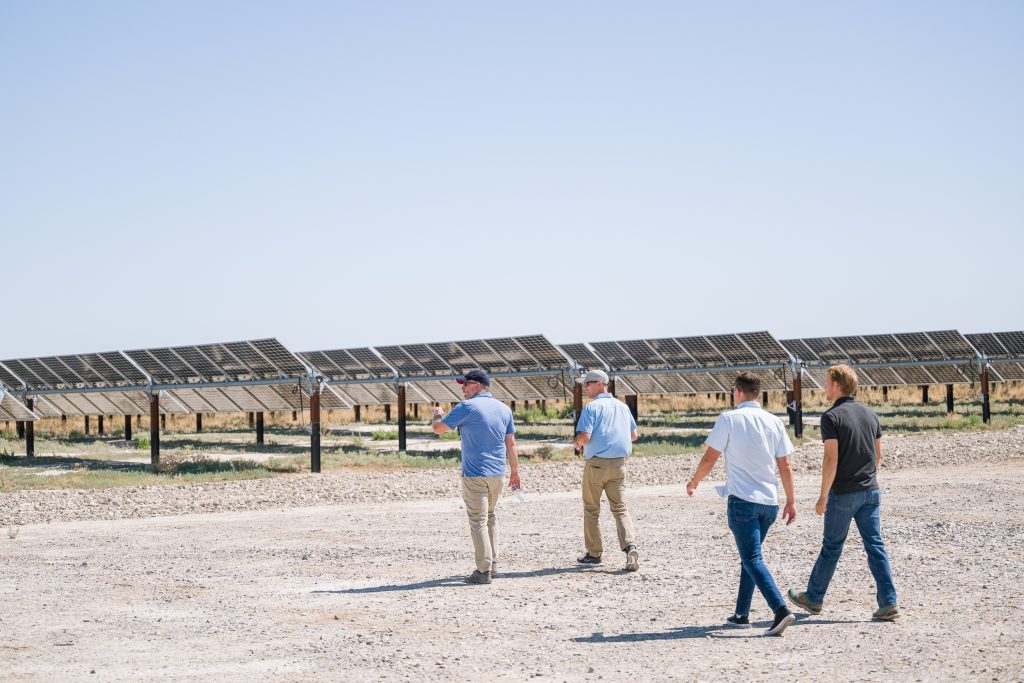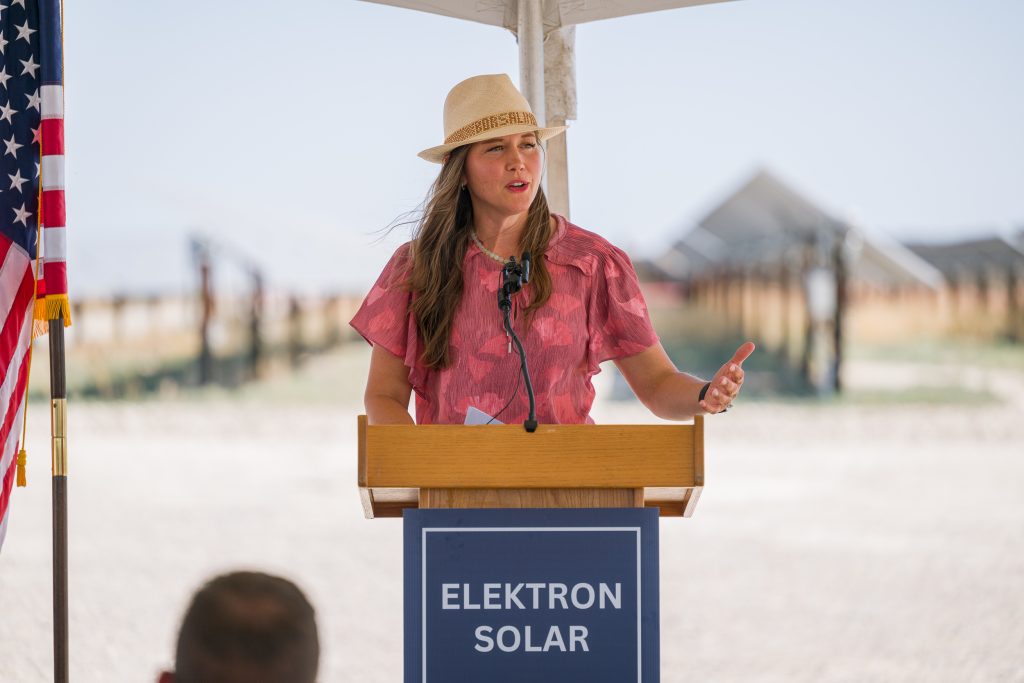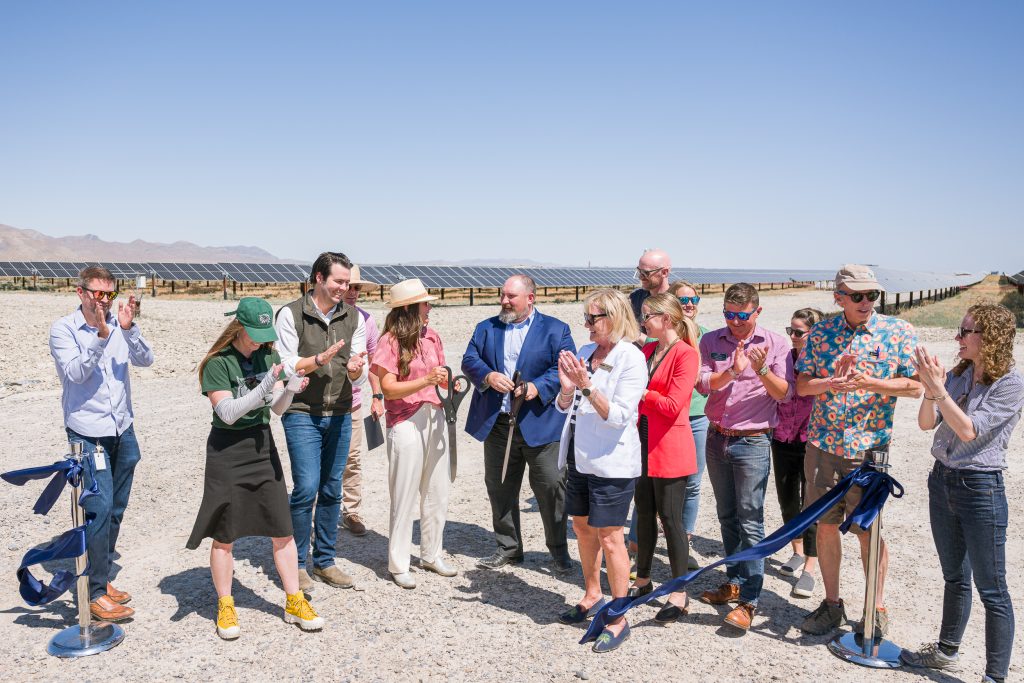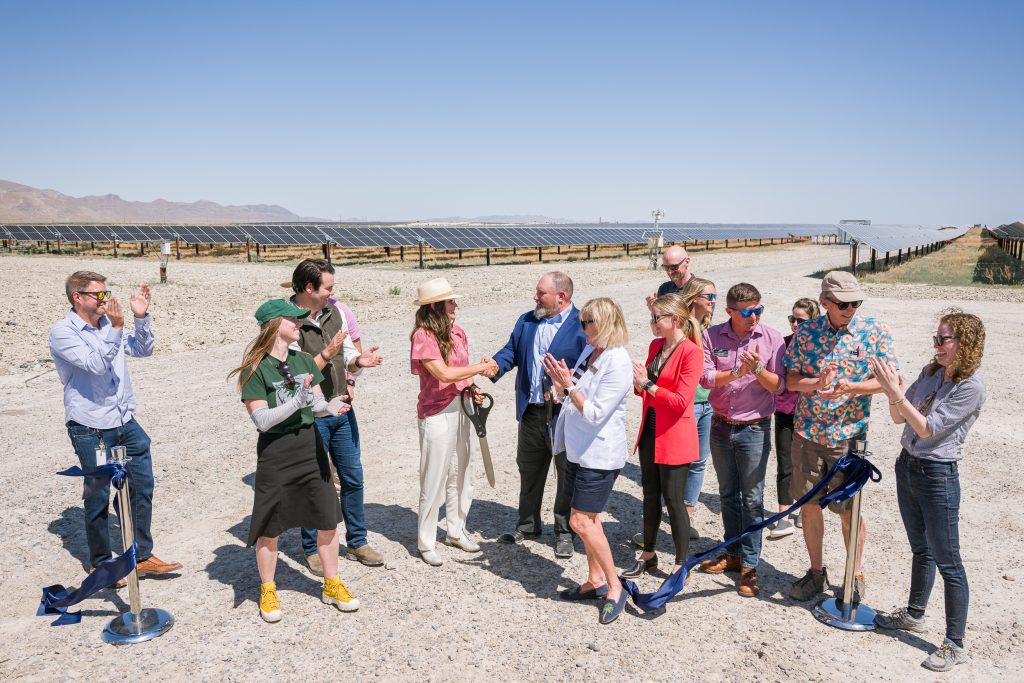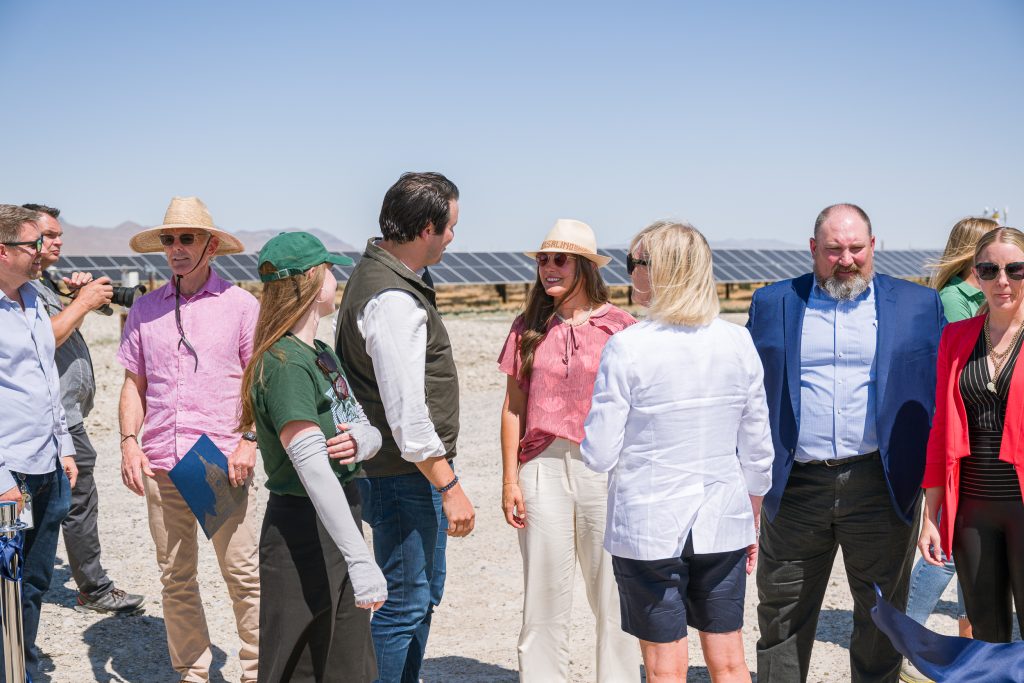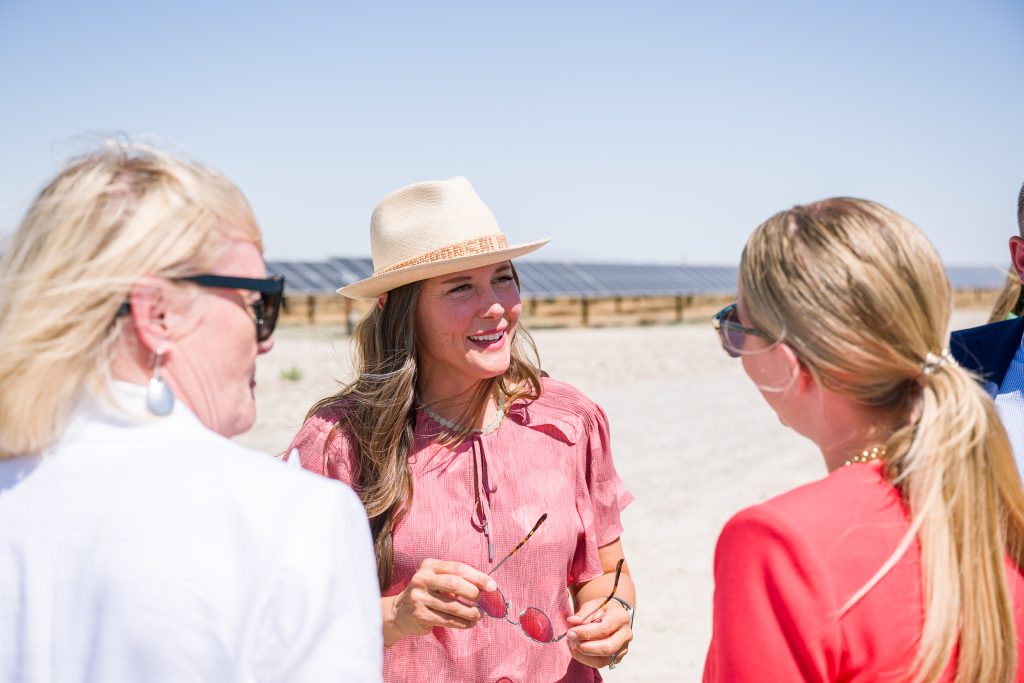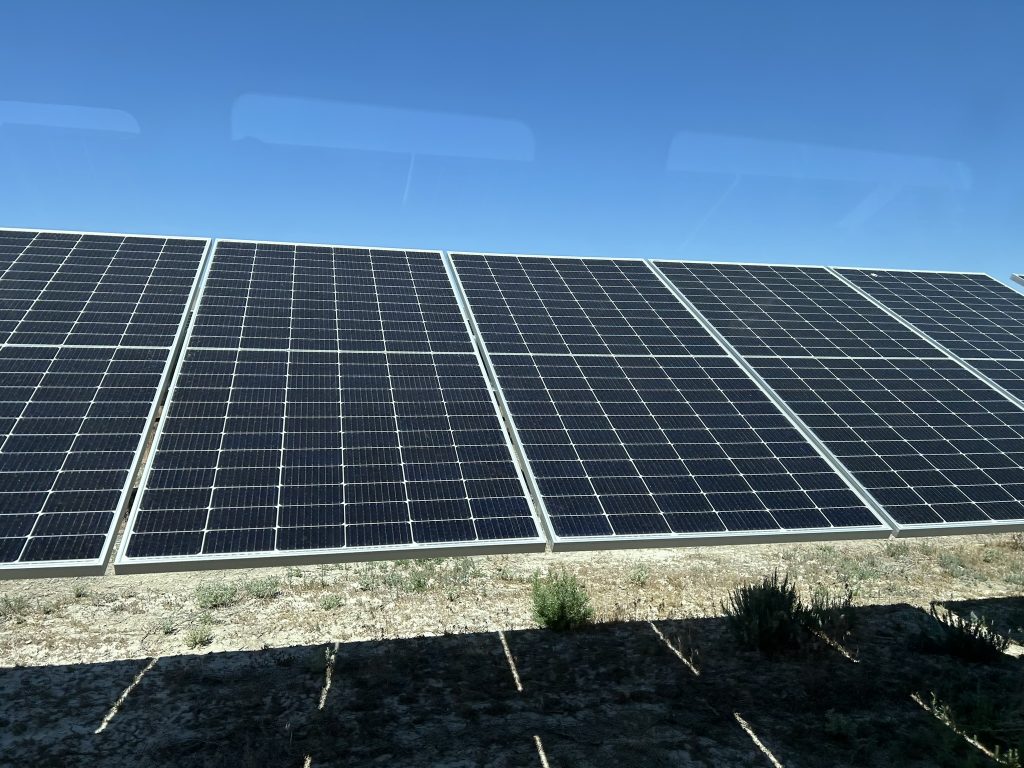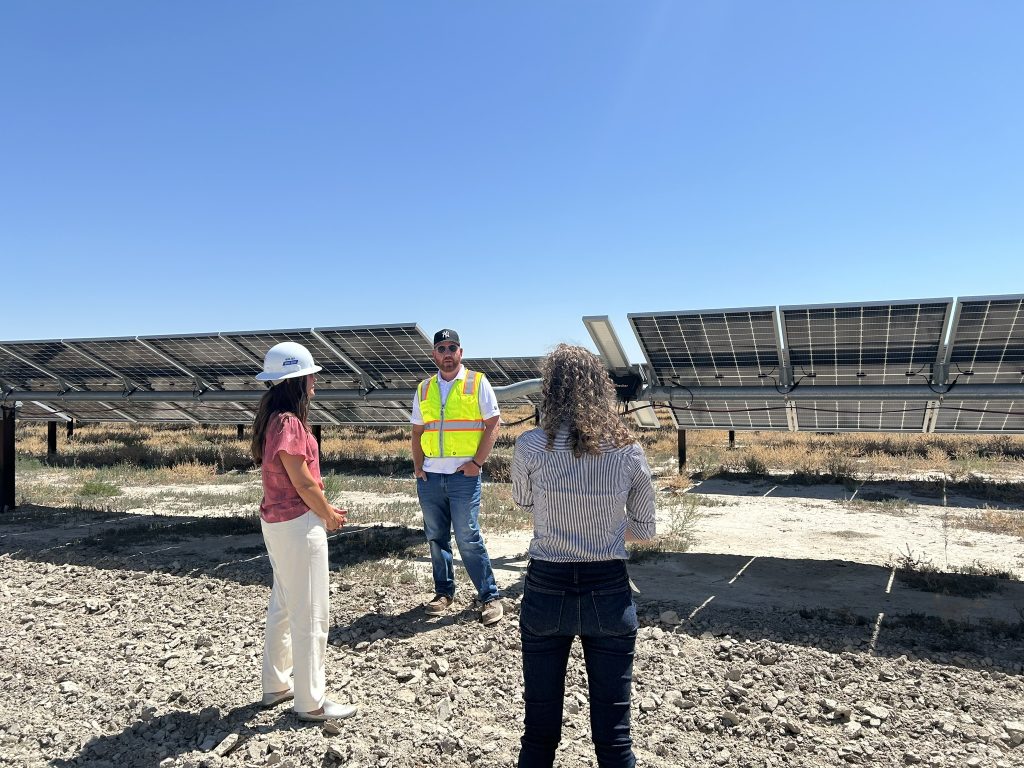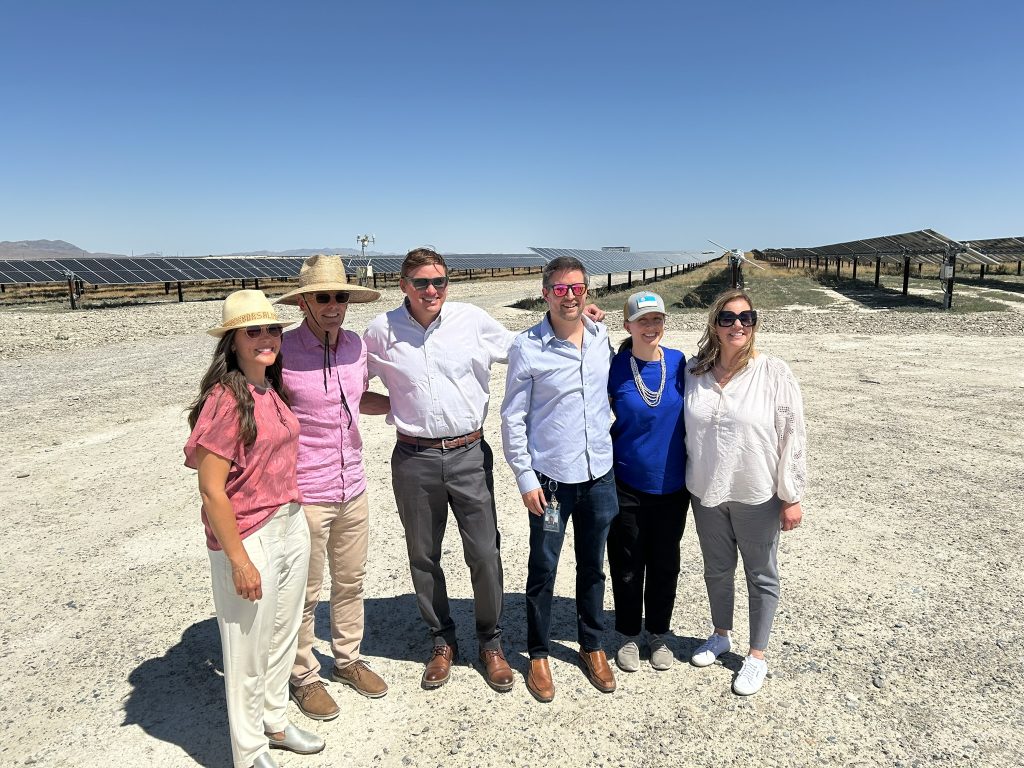
Current Status – Commercial Operation Achieved!
After five years of working on the project, we are thrilled to have achieved commercial operations, and thank all of the partners for moving it forward.
“The success of this project shows what happens when you set inspiring goals, work with the right partners, and refuse to give up.”
– Salt Lake City Sustainability Director Debbie Lyons
Background
Because local governments are on the frontlines of responding to the impacts of a warming climate — including extreme heat, wildfires, poor air quality, drought, flooding, and more — Salt Lake City leaders have prioritized taking action to reduce our emissions that contribute to climate change.
In 2016, City leaders established several municipal and community goals, described in our Climate Positive 2040 roadmap, to reduce carbon emissions and support the development of renewable energy.
This includes the goal of achieving net-50% renewable electricity for municipal operations by 2020 and net-100% by 2030.
To achieve our municipal goal, Salt Lake City worked for several years on an agreement with five other large electricity customers and Rocky Mountain Power to develop and purchase electricity generation from the Elektron Solar Project, an 80 Megawatt (MW) solar farm built in Tooele County.
As of April 25, 2024, this project reached commercial operation and began providing renewable electricity to the grid! (see press release here).
Of the six participating customers, Salt Lake City is the largest electricity consumer and has committed to purchasing roughly half the energy produced by the solar farm to support the City’s municipal operations, equating to approximately 80% of the City’s electricity usage in a given year.
See this great video from Enyo describing the site and Salt Lake City’s role in the project.
History and Project Challenges
On behalf of the six customers, Rocky Mountain Power contracted with renewable developer DE Shaw Renewable Investments (DESRI) to construct the Elektron project, and on October 19, 2021, Salt Lake City and the other customers commemorated the official groundbreaking of the 80 MW solar farm.
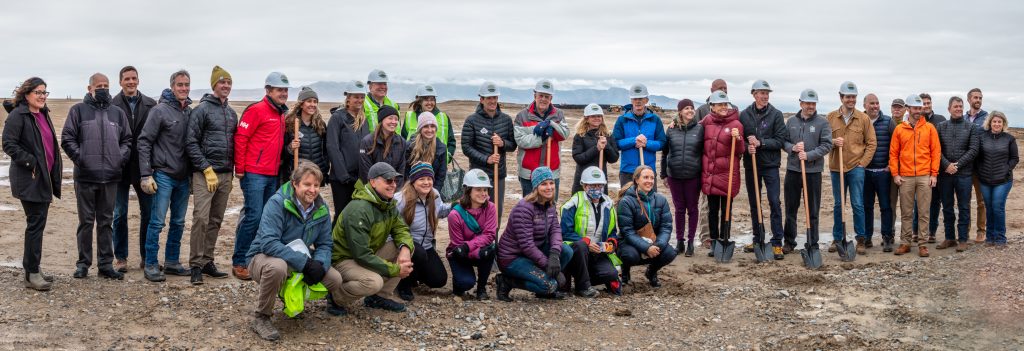
Salt Lake City and the five other participating customers expected the solar farm to come online as soon as December 31, 2022 and no later than Mach 31, 2023.
Unfortunately, three unexpected challenges arose, preventing the solar farm from achieving commercial operations by March 31, 2023.
- The first barrier arose in June of 2021 when US Customs and Border Protection issued a Withhold Release Order on silicon-based products made by or derived from a large Chinese company. United States imports from LONGi, one of the largest utility-scale solar panel manufacturers in the world and the original manufacturer of panels for the Elektron project, was significantly impacted. LONGi panels were detained at the border, and in response, LONGi halted panel production for and shipments to the US for an extended time.
- In late March of 2022, the second barrier surfaced as the U.S. Commerce Department announced an investigation into whether solar panels imported from Southeast Asian countries are of Chinese origin. If so, they would be illegally avoiding the tariffs placed on Chinese solar panels LONGI and other Southeast Asian panel manufacturers — who collectively account for more than 80% of all US solar panel imports — further halted solar panel production for US projects. Subsequently, in August of 2023, the U.S. Commerce Department determined that “certain Chinese producers are shipping their solar products through Cambodia, Malaysia, Thailand, and/or Vietnam … in an attempt to avoid paying antidumping and countervailing duties.” Vina Solar, a subsidiary of LONGI, was found to be circumventing.
- The third and most recent barrier emerged in late June of 2022 when the Uyghur Forced Labor Prevention Act took effect. This Act makes a presumption that all imports related to China’s Xinjiang region were produced with forced labor unless detailed sourcing documentation can prove otherwise. Although panel manufacturers were well aware the Act was coming, many were surprised by the high level of supply chain tracing required. As a result, solar panel shipments to the US by LONGi and other major solar panel manufacturers were further disrupted.
Elektron and its partners were able to navigate these challenges to complete the project.
News
Salt Lake’s ‘largest renewable energy initiative’ is now operational after several snags (KSL, June 24, 2025)
Two Utah ski resorts will be powered by a Tooele solar farm this year (Salt Lake Tribune, June 25, 2024)
New solar farm in Tooele County will soon power cities and ski resorts (KSL, April 23, 2024)
